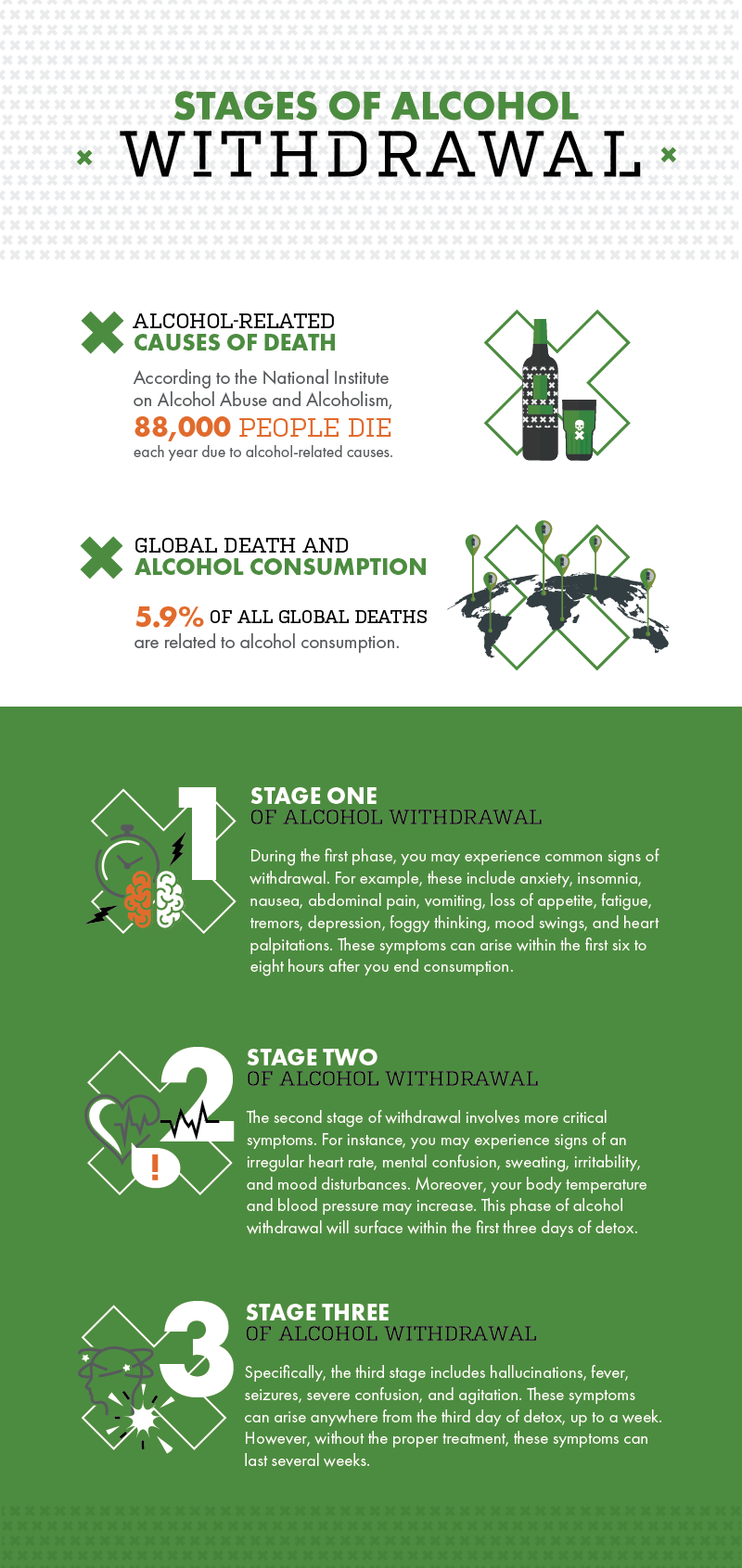Defeating Shame And Shame In Drug Rehabilitation: Damaging The Stereotypes
Defeating Shame And Shame In Drug Rehabilitation: Damaging The Stereotypes
Blog Article
Write-Up By-Merrill Salazar
You're not the only one in the battles you deal with, and dealing with the stigma surrounding pity and regret in Drug rehabilitation is the first step towards redeeming your life. By checking out the origins of these emotions and learning to navigate them in a helpful setting, you can lead the way for true recovery and growth. Keep tuned to discover exactly how damaging without the weight of pity and shame can open a path to self-acceptance and a future full of pledge and positivity.
The Impact of Shame and Sense of guilt
Experiencing shame and guilt can dramatically impede your development in Drug rehab by developing obstacles to self-acceptance and recovery. When you bring the weight of pity for past activities or regret for the influence of your dependency on enjoyed ones, it can be testing to progress. These emotions may result in low self-worth, making it hard to count on your capability to change and recuperate.
Shame and regret can also sustain unfavorable thought patterns, enhancing the idea that you're unworthy of help or redemption. This can stop you from fully engaging in the healing procedure and seeking assistance when needed. The anxiety of judgment from others or the fear of facing your very own emotions may lead you to stay clear of necessary conversations or treatment sessions.
Recognizing and dealing with these sensations is vital for your recovery trip. By resolving your shame and shame in a risk-free and supportive environment, you can begin to cultivate self-compassion and forgiveness. on front page in frame of mind can empower you to welcome the recovery procedure with a newfound sense of hope and decision.
Strategies for Recovery and Makeover
To facilitate your healing and makeover in Drug rehabilitation, implementing efficient strategies is vital. Suggested Studying is to actively participate in therapy sessions. By participating completely in private and team treatment, you can resolve underlying concerns, find out coping mechanisms, and get support from experts and peers.
An additional crucial approach is to prioritize self-care. This includes obtaining sufficient rest, consuming nourishing dishes, and participating in physical activities that promote health. Additionally, exercising mindfulness and meditation can aid you stay existing and take care of desires or sets off properly.
Setting sensible objectives and celebrating small victories along the way can additionally add considerably to your recovery journey. By breaking down your healing process right into convenient actions, you can keep inspiration and track your progress.
Moreover, bordering yourself with a favorable support group of friends, family, or fellow individuals in recuperation can provide inspiration and accountability. Remember, everyone's path to healing is unique, so it's essential to find techniques that reverberate with you directly and adjust them as needed to promote long-term improvement.
Accepting a Life of Soberness
Embrace sobriety as a new chapter in your life, full of possibilities for development and satisfaction. Making the decision to live a sober life is a courageous step towards a brighter future. By picking sobriety, you're selecting to prioritize your wellness and recover control over your life. It might seem intimidating at first, but bear in mind that everyday sober is a day of progress and toughness.
As you welcome soberness, border yourself with encouraging and understanding people who boost and urge you on this journey. Engage in tasks that bring you joy and fulfillment, assisting you rediscover the charm of life without materials. Embracing a life of sobriety isn't about deprival yet about empowerment. It opens doors to new possibilities and allows you to get in touch with your authentic self.
Celebrate each landmark along the way, regardless of exactly how tiny, as they represent your durability and resolution. Keep in mind, sobriety is a present you offer yourself, leading to a life full of clearness, objective, and countless possibility.
Conclusion
To conclude, breaking the preconception bordering pity and guilt in Drug rehabilitation is crucial for individual growth and healing. By addressing these emotions head-on, practicing self-care, and accepting sobriety as a courageous option, people can change their lives and rediscover joy and objective.
With a positive support group and a dedication to self-improvement, getting over shame and regret paves the way for empowerment and a fulfilling, sober future.
